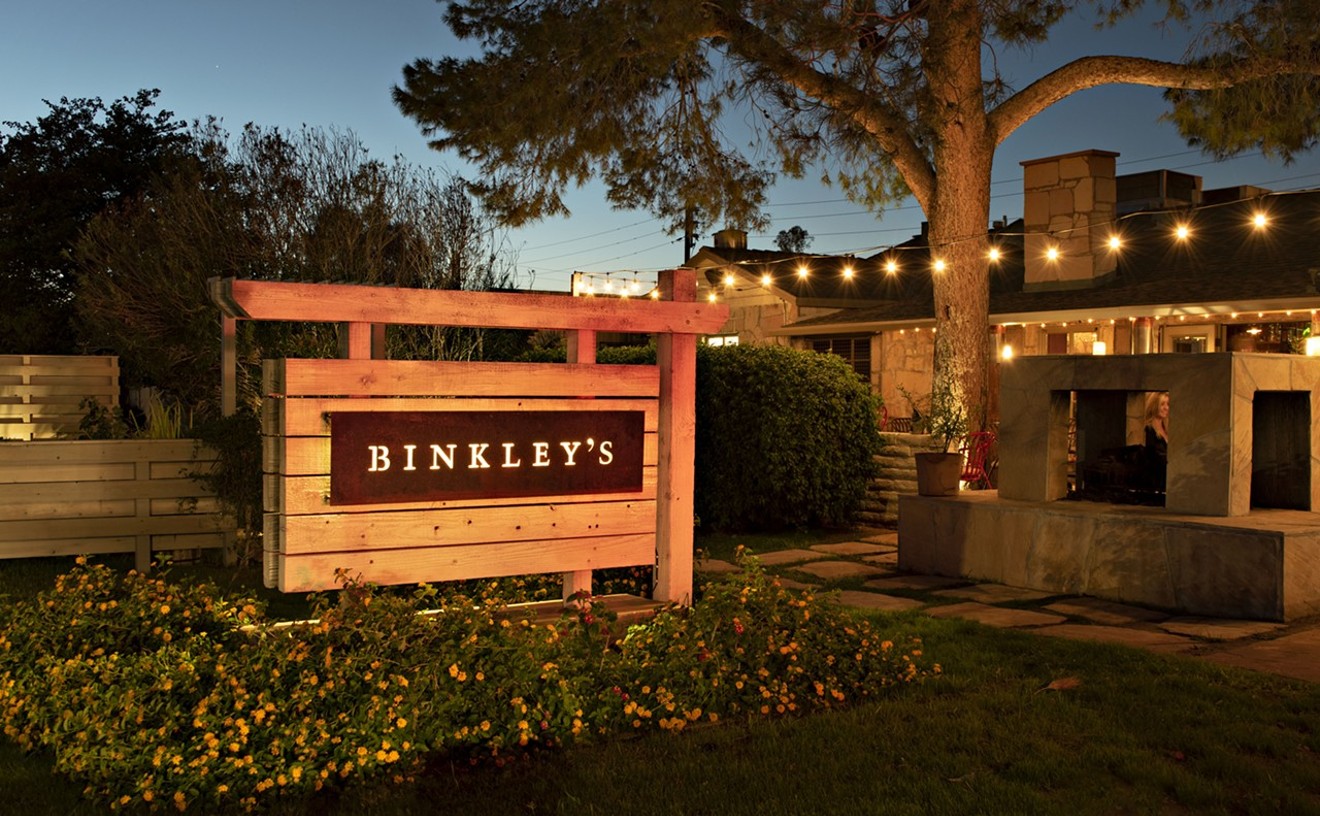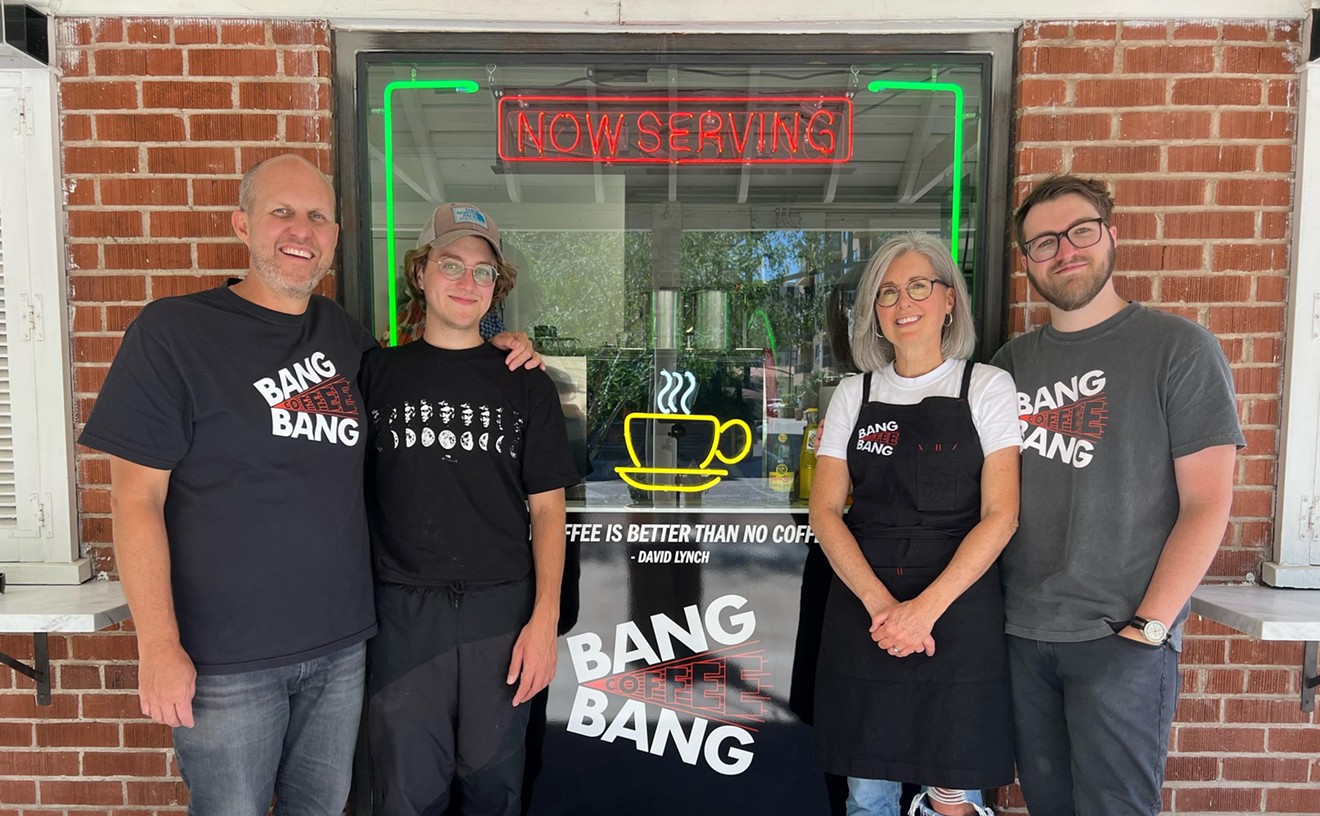Alpha delta zero one niner.
That's probably what we wine nerds sound like to outsiders when we talk to each other. Wine definitely has its own lingo, but with the following simple pointers, you, too, can sound like you know what you're talking about without really knowing it. Fake it till you make it --that's what I always say.
See also: Wine Predictions for 2014
First, I want you to repeat the following words out loud: Cabernet Sauvignon. Say it slow so you can feel each syllable. Good, now let that be the last time you ever utter those two words. Nothing will brand you as a neophyte faster than saying Cabernet Sauvignon; from now on, it's simply Cab. As in "I really liked that Napa Cab." Same goes for Zinfandel, it's just Zin. To be clear, when you talk about Zin, you are talking about the spicy, jammy, fat red Zin. You are not talking about the pink version, which you should never talk about. Even if you like it, don't talk about it.
While we're on the subject of abbreviations, Pinot Noir is called Pinot. The rest of the grapes in the Pinot family; Pinot Grigio, Pinot Gris (technically, those two are the same) Pinot Blanc, and Pinot Meunier all go by their full names. So if you're discussing your favorite Oregon Pinot, it's Pinot Noir, but if you're waxing poetic about the Alsatian Pinot Blanc you just tried, you say Pinot Blanc. Chardonnay from here on out is just Chard, Chenin Blanc is just Chenin.
Champagne is a sticky subject. Champagne only comes from the area of France just to the east of Paris. The rest of the world's sparkling wines have their own monikers -- Cava from Spain, Prosecco and Spumanti from Italy, Sekt from Germany, and Cremant from everywhere in France besides Champagne. But who needs to know all those? Nobody, just call it all bubbly.
Now that we have a handle on common abbreviations, it's time to dig into the buzzwords. Here's where you'll really start sounding smart. Structure is one of my favorites. Structure refers to the interplay of tannin, fruit, and acid. When those things play well together, you say that the wine "has good structure." But if you're just faking it, you don't have to worry about all that tannin, fruit, and acid. Just say the wine "has good structure" and you'll impress your girlfriend with your tasting acumen.
Mouthfeel is another one. Usually used to describe, well, how it feels in your mouth. "I like this wine's mouthfeel" will suffice for now. Food-friendly works, too. Almost all wine is food-friendly with the right food, so you can never be wrong when you say that a wine is "food-friendly."
Next time you're on a date at that swanky new wine bar, try to pepper your conversation with a few of these handy abbreviations and buzzwords, especially when your server can hear you. If he or she asks you where you work, you'll know you've succeeded.
When I'm not writing this column or reading vintage charts to my daughter, you can find me pouring wine at FnB










